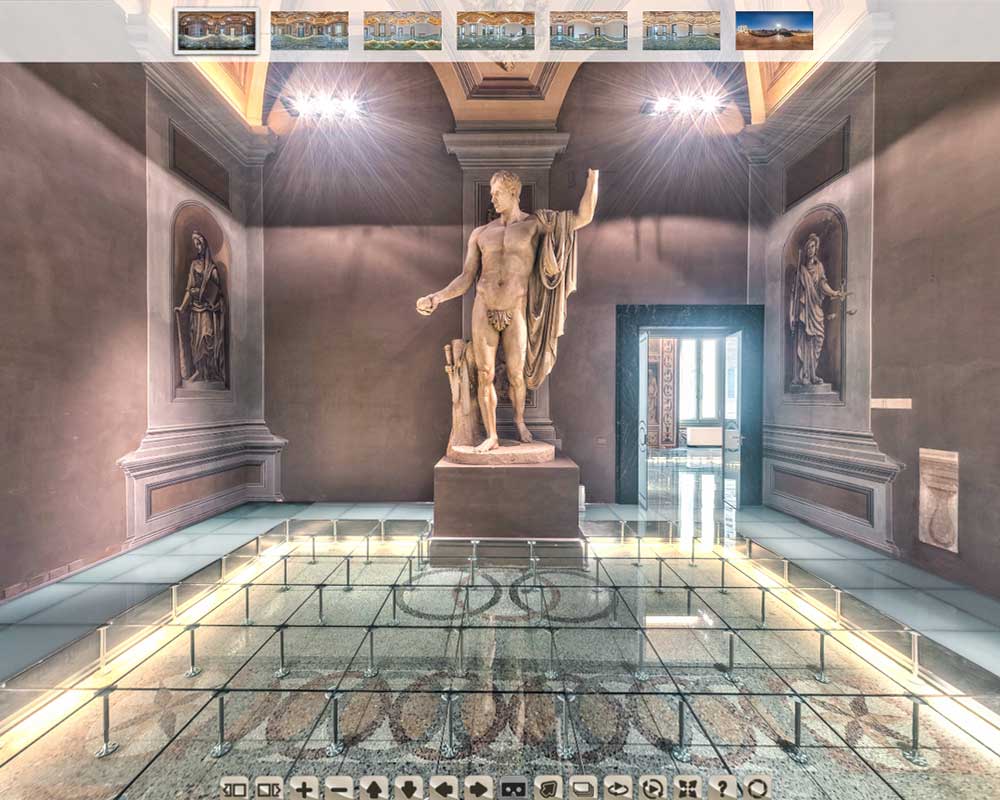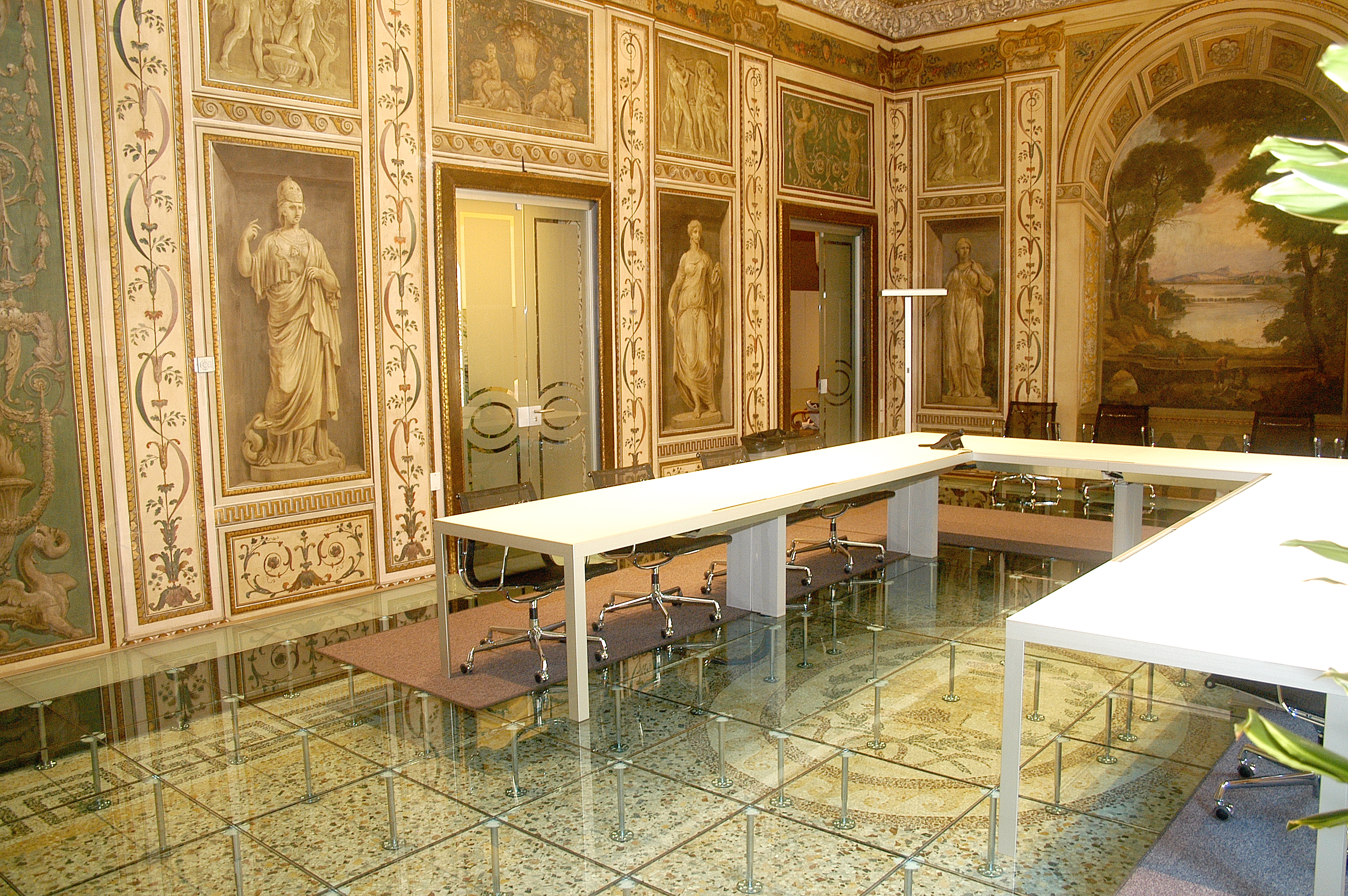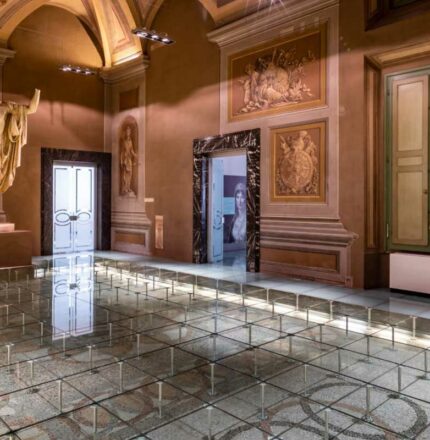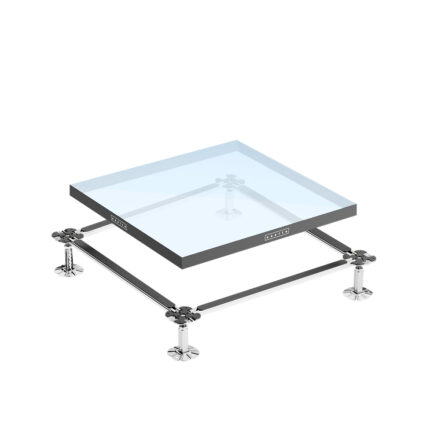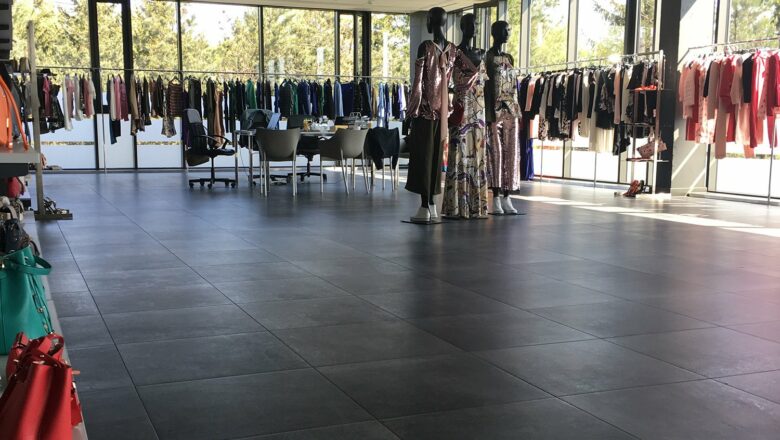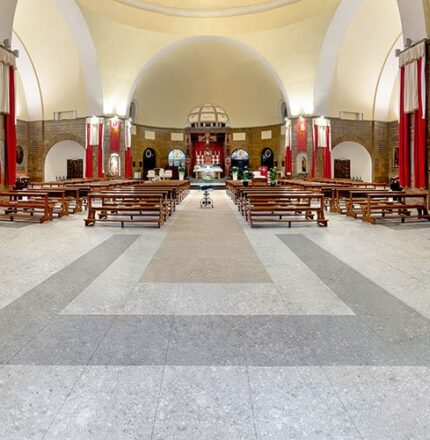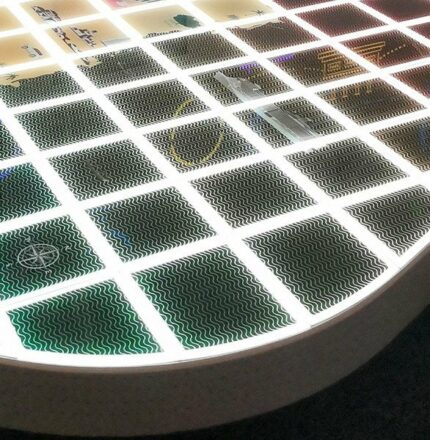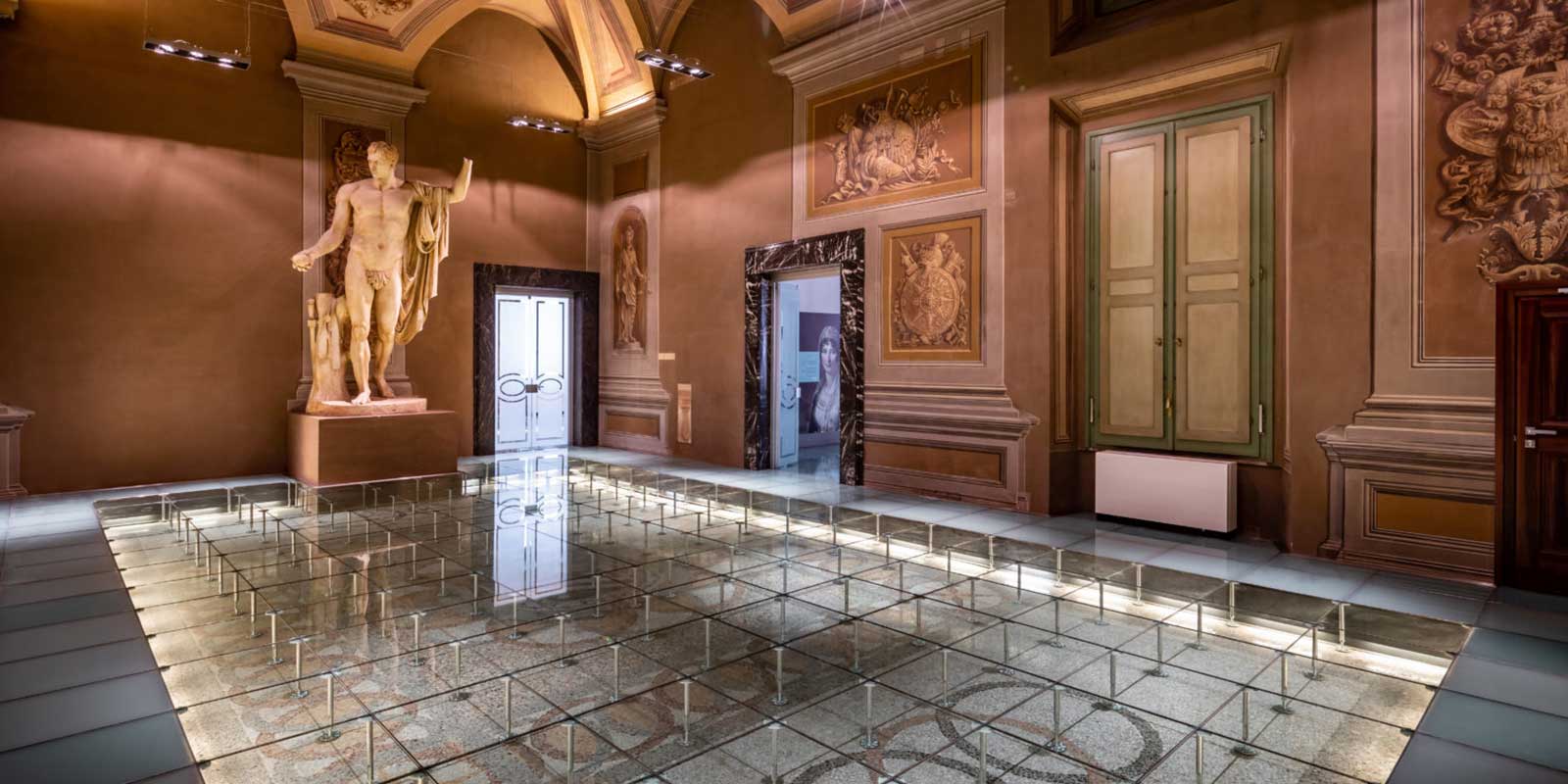
Product
Glass
MPS
Application
Interno
Location
Roma
Contractor
DEVELOPER: Generali Italia, Arthemisia
Design
© Diego De Pol
Total Area
803m2
Home / Projects / Directional /
Nesite in the project restoration of Palazzo Bonaparte in Rome
Together with Arthemisia, Generali Italia has transformed with a major restoration project Palazzo Bonaparte in Rome, creating a center of art and beauty.
THE PROJECT
With about three thousand square meters of richly decorated spaces and a peculiar balcony facing Piazza Venezia, Palazzo Bonaparte is a precious symbol of the history of Rome by the architect Giovanni Antonio De Rossi.
Built in the seventeenth century and property of Generali Real Estate SGR since the early ’70s, the palace has recently undergone a complete restoration, which lasted 12 months, renewing and optimizing from a functional and logistical point of view the environments, in total respect of the pre-existing architectural, historical and decorative elements. The scrupulous renovation project, which involved above all the three upper floors of the building, was followed by Studio Pras and the company D’Adiutorio, which took care of the realization with the support of the Soprintendenza Speciale Archeologia Belle Arti e Paesaggio of Rome.
The aim of the ambitious work was to restore the original splendor of the building, in order to transform it into a museum center available to the community, within the Generali Valore Cultura multi-year plan.
the glass raised floor
Creating an exhibition itinerary that guarantees the safety of visitors, protects the original flooring of unique beauty and, at the same time, does not contaminate the neoclassical design of the rooms, these were the premises that led to the installation of Nesite’s transparent glass raised floor.
The load-bearing structure on which the glass modules rest, protected and reinforced by an ABS edge, is made up of adjustable columns and crosspieces in anti-corrosion anodized steel. The perimeter of the halls, instead, is framed by opaque glass walkways that, by concealing the underlying passage of electrical, network and air conditioning cables, have simplified the installation systems and the subsequent inspection and maintenance works.
LED modules integrated in the steel structure of the floor have then allowed to create a warm and ethereal atmosphere, and to enhance the precious decorations of the floors. The absence of masonry works, as well as the maximum flexibility in the management of individual modules, their movement and their replacement, has made the elevated system the ideal choice to preserve the seventeenth-century shell and meet the strict requirements of a complex bound.
PALAZZO BONAPARTE 360° TOUR VIRTUAL
